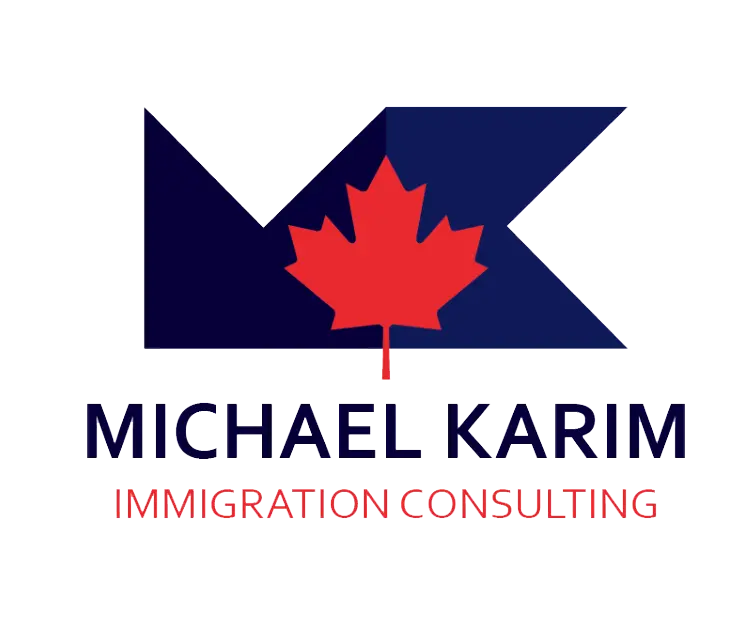Understanding the Role of Immigration Consultants
Immigration consultants are professionals who assist individuals and families with the complexities of the immigration process. These experts provide a range of services designed to facilitate visa applications, offer legal advice, and prepare necessary documentation. By understanding the intricacies of immigration laws and regulations, consultants can significantly streamline the process, ensuring that applicants adhere to all requirements and deadlines.
There are two primary types of immigration consultants: regulated and non-regulated. Regulated consultants are certified by recognized bodies such as the Immigration Consultants of Canada Regulatory Council (ICCRC) or similar organizations in other countries. These professionals are bound by stringent ethical standards and are required to stay updated on the latest immigration laws and policies. Non-regulated consultants, on the other hand, do not have this certification and may not be held to the same standards, making it crucial for clients to verify a consultant’s credentials before engaging their services.
Immigration consultants play a pivotal role at various stages of the immigration process. During the initial assessment, they evaluate an individual’s eligibility for different visa programs and recommend the most suitable options. Consultants then assist with the preparation and submission of the application, ensuring that all necessary documents are in order and that the application is completed accurately. They also provide ongoing support by following up with immigration authorities, addressing any issues that may arise, and keeping clients informed of their application’s progress.
Real-life case studies and testimonials highlight the invaluable support that immigration consultants can offer. For instance, one family successfully navigated the complex process of obtaining a permanent residency visa with the help of a certified consultant, who provided expert guidance and handled all paperwork meticulously. Another individual praised their consultant for offering crucial legal advice that prevented costly mistakes and expedited their work visa approval. These examples underscore the importance of choosing a knowledgeable and certified professional to guide one through the immigration journey.
Choosing the Right Immigration Consultant: Key Considerations
Choosing the right immigration consultant is a critical step in navigating the complex world of immigration. One of the primary factors to consider is the consultant’s credentials. It is essential to ensure that the consultant is licensed and affiliated with a recognized regulatory body. For instance, in Canada, legitimate consultants are required to be members of the Immigration Consultants of Canada Regulatory Council (ICCRC). This affiliation signifies that the consultant adheres to professional standards and ethical practices, providing a level of assurance to clients.
Experience is another vital aspect when selecting an immigration consultant. An experienced consultant is likely to have a deeper understanding of immigration laws and procedures, which can be particularly beneficial in addressing complex cases. Inquiring about the consultant’s track record and specific experience related to your type of immigration case can provide valuable insights into their capabilities.
Reputation also plays a significant role in the selection process. It is advisable to conduct thorough research, including checking online reviews and seeking referrals from trusted sources. Reviews can offer insights into the consultant’s professionalism, reliability, and success rate. Additionally, conducting interviews with potential consultants can help gauge their communication skills and willingness to answer your questions comprehensively.
While evaluating potential consultants, it is crucial to be aware of common red flags. Promises of guaranteed success or requests for exorbitant fees should be approached with caution. No legitimate consultant can guarantee the outcome of an immigration application, as decisions are ultimately made by the immigration authorities. Transparency in fee structures is also important. Understanding the fee breakdown and ensuring that it aligns with industry standards can help avoid overpaying for services.
Budgeting for consulting services is another practical consideration. While it is important to find a consultant who fits within your budget, the cheapest option may not always be the best. Balancing cost with the consultant’s qualifications and experience is key to making a well-informed decision.
By carefully considering these factors, you can select an immigration consultant who is well-equipped to guide you through the complexities of the immigration process, enhancing your chances of a successful outcome.
